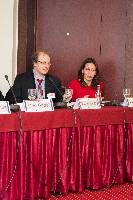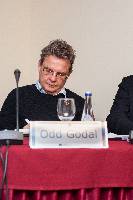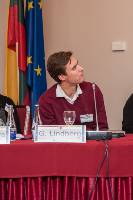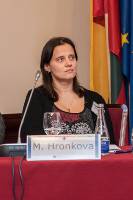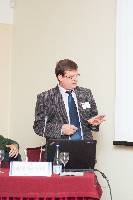ESPON Internal Seminar
"Territorial Evidence for Cohesion Policy 2014-2020 and Territorial Agenda 2020"
Vilnius, Lithuania
4 - 5 December 2013
ESPON organised in cooperation with the Lithuanian Presidency of the Council of the European Union its annual internal seminar under the topic of ‘Territorial Evidence for Cohesion Policy 2014-2020 and Territorial Agenda 2020’. The event took place in Vilnius on 4 and 5 December 2013 and gathered about 150 participants representing members of the ESPON Monitoring Committee, the ECP network, TPGs as well as stakeholders from targeted analyses.
The aim of the event was to discuss the outputs delivered by the ESPON 2013 Programme, and explore long-term perspectives and demands for future European territorial evidence in the light of the recent proposals to improve EU Cohesion Policy in the period 2014-2020 as well as its relation to the Territorial Agenda 2020.
 |
|
Purpose of the event
The purpose of the event was two-fold:
- Demonstrate and discuss the findings and usefulness of ESPON deliveries by past and current projects related to policy orientations set out for the new EU Cohesion Policy 2014-2020, but also for the Territorial Agenda 2020;
- Involve the multitude of actors within ESPON in reflections on (1) stimuli from territorial evidence to further uptake of a territorial dimension by policy and decision makers at different administrative levels, (2) possible closer links between projects and tools, and (3) proposals on actions within the next ESPON Programme.
Welcome and Opening Speeches
The representative of the Lithuanian Ministry of the Environment, Mr Marius Narmontas, opened the internal seminar with a speech centred on the key role of ESPON in supporting territorial development policies.
This was followed by opening speeches from Arturas Blotnys from the Vilnius City Council, and ESPON representatives introducing the aim of the event.
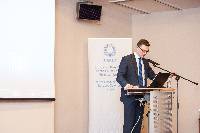 |
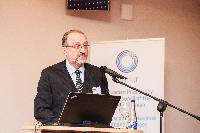 |
Impacts of the economic crisis on migration in Europe
The seminar itself began by examining the recent trends on migration in Europe, which were supported by a ESPON Evidence Brief “Post-crisis migration trends: challenges and opportunities for Europe’s competitiveness” that was published before the event.
The keynote speech on migrations - and specifically on the impact of the economic crisis on migration trend - was followed by panel discussion among national and regional policy makers about the effects of migration processes and their consequences for EU cities and regions.
 |
 |
 |
 |
The following session offered a thorough presentation of European progress on economic, social and territorial cohesion, but also the content of the future EU Cohesion Policy 2014-2020.
Investments in territories supported by Cohesion Policy
The representative of the European Commission, DG Regional and Urban Policy, Erik von Breska presented key findings of the eighth progress report on economic, social, and territorial cohesion and an outlook on the future. This session stimulated a lively plenary discussion and a common basis for dialogue among participants during the seminar.
 |
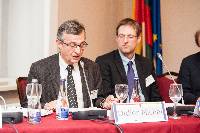 |
Territorial evidence relevant for regions, cities and ETC programmes - Parallel Workshops
In two parallel workshop sessions participants addressed the latest results from ESPON applied research projects, targeted analyses and scientific platform projects. The main focus of these parallel workshop sessions was to provide key messages useful for policy makers in the context of EU Cohesion Policy 2014-2020, but also to further promote the strategic priorities of the Territorial Agenda 2020.
In addition, the seminar offered a session which gave insight on new ESPON tools related to cartography and mapping.
Monitoring and benchmarking the European territory
The second day started off with a slot dedicated to the ESPON projects that contribute to a territorial monitoring and benchmarking system for Europe, such ETMS, M4D, BSR-TeMo and CityBench. Project partners explored live the usefulness of the tools for stakeholders across Europe.
A plenary session, addressing the outreach activities by the ECP network, followed. In addition, the ESPON ET2050 team presented the Territorial Scenarios and draft Territorial Vision for Europe in 2050.
ESPON in 2014 and beyond
The seminar concluded with presentations of the final activities of the current ESPON Programme and the latest details on the next renewed Programme.
Mathilde Konstantopolou, Greek ESPON Monitoring Committee Member, presented the intentions of the upcoming Greek Presidency of the Council of the European Union and finally Aleksandras Gordevičius, Lithuanian ESPON Monitoring Committee Member, closed the session with a farewell message from the Lithuanian EU Presidency.
 |
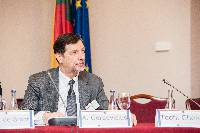 |
More information
- Please find below the programme and the presentations made during the event.
- Should you have questions please do not hesitate to contact the ESPON Coordination Unit at info@espon.eu.
- More photos are available in the next page, Link
"Territorial Evidence for Cohesion Policy 2014-2020 and Territorial Agenda 2020"
Vilnius - Lithuania, 4 - 5 December 2013
 |
 |
 |
 |
 |
 |
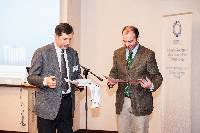 |
 |
 |
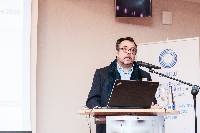 |
 |
 |
 |
 |
 |
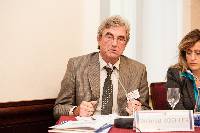 |
 |
 |
|
|
|
 |
 |
 |
 |
 |
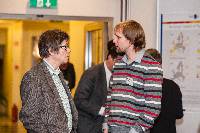 |
 |
 |
 |
 |
|
|
|
 |
 |
 |
 |
|
|
|
 |
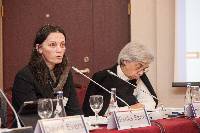 |
 |
 |
|
|
|
 |
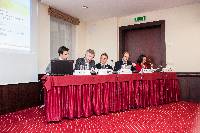 |
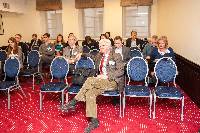 |
 |
 |
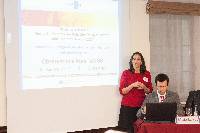 |
|
|
|
|
|
|
|
|
|
 |
 |
|
|
|
 |
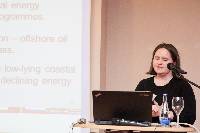 |
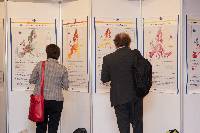 |
 |
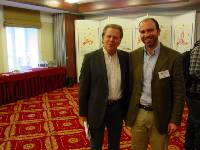 |
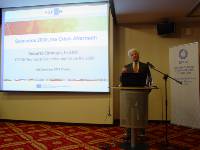 |
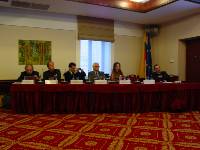 |
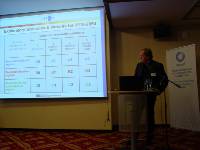 |
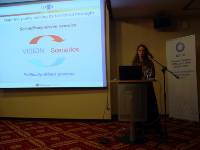 |
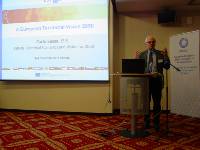 |
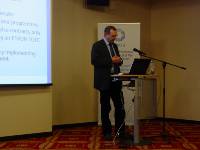 |
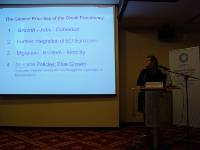 |
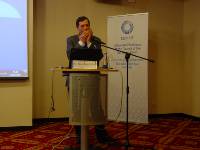 |
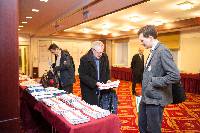 |
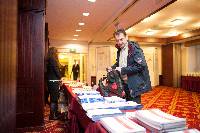 |
 |
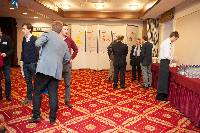 |
 |
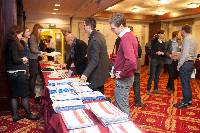 |
 |
 |
 |
 |
 |
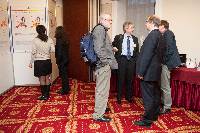 |
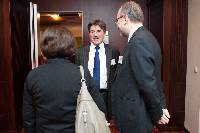 |
 |
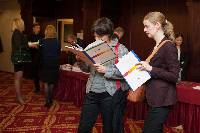 |
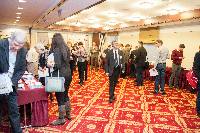 |
 |
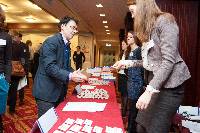 |
 |
 |
 |
 |
 |
 |
 |
 |
 |
 |
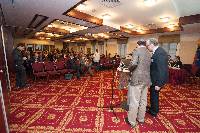 |
 |
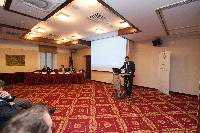 |
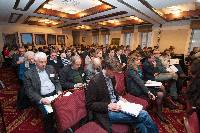 |
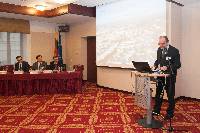 |
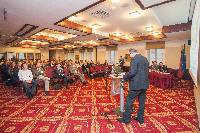 |
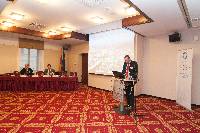 |
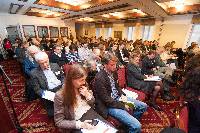 |
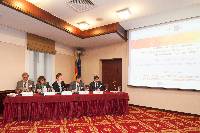 |
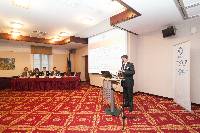 |
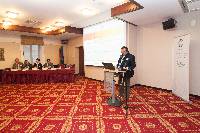 |
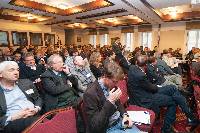 |
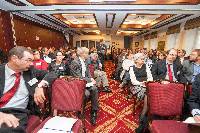 |
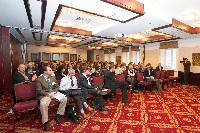 |
 |
 |
 |
 |
 |
 |
 |
|
|
|
|
|
|
|
|
|
|
|
|
|
|
|
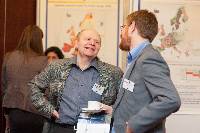 |
 |
 |
 |
 |
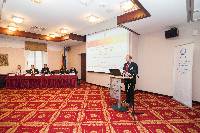 |
|
|
|
|
|
|
|
|
|
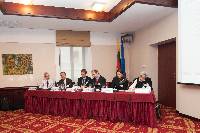 |
 |
 |
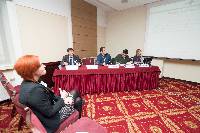 |
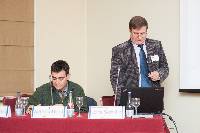 |
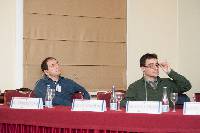 |
|
|
|
 |
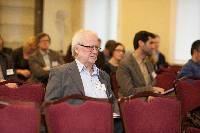 |
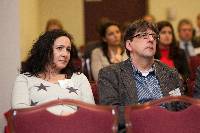 |
 |
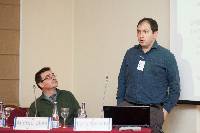 |
 |
 |
 |
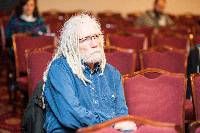 |
 |
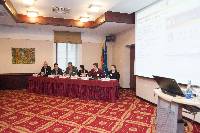 |
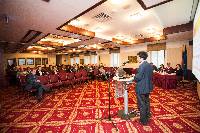 |
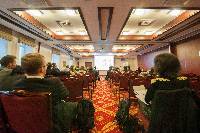 |
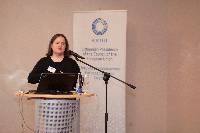 |
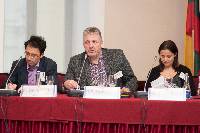 |
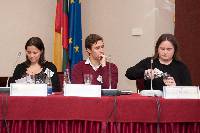 |
|
|
|
 |
 |
 |
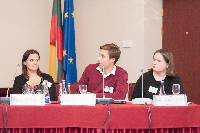 |










